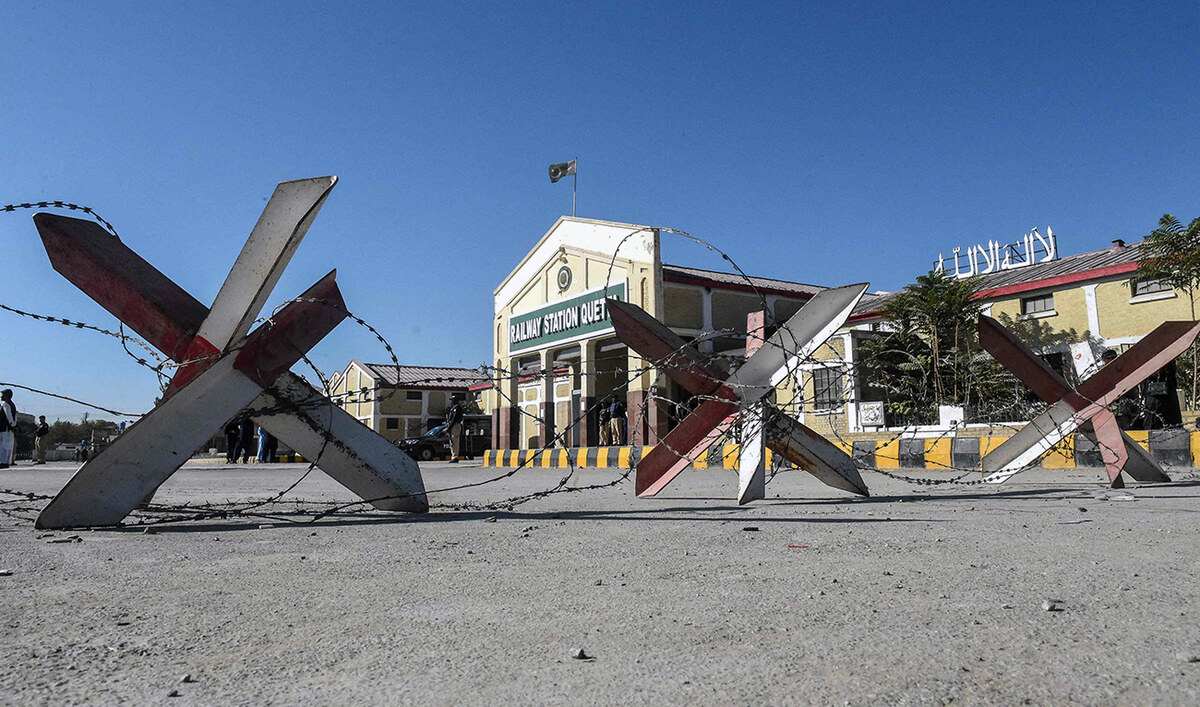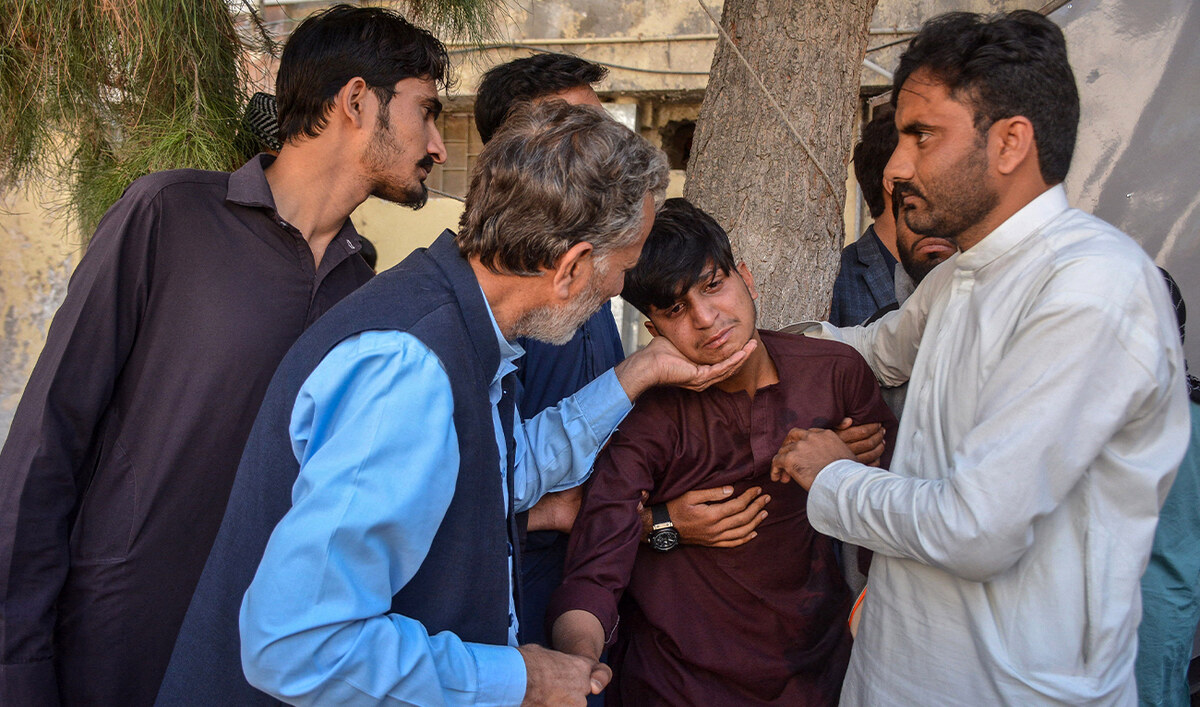LONDON: A 75-year-old man who was extradited from Pakistan was jailed for life on Friday for the murder of a British police officer nearly 20 years ago.
Piran Ditta Khan fled the country after Sharon Beshenivsky was shot at close range as she and a colleague arrived at the scene of a robbery at a travel agency in Bradford, northern England, in 2005.
Although he did not pull the trigger, prosecutors at his trial said he was equally guilty of murder as he had planned the raid and knew that loaded weapons would be used.
Judge Nicholas Hilliard at Leeds Crown Court on Friday handed Khan a life sentence with a minimum term of 40 years and told him: “You will inevitably spend the remainder of your life in custody.”
Beshenivsky, 38, had only been an officer with West Yorkshire Police for nine months before her death, which happened on her daughter Lydia’s fourth birthday.
“Every birthday is a reminder of what happened that day,” Lydia said in an impact statement read in court.
“It has recently been Mother’s Day, and while my friends are celebrating with their mums, I sadly can never do that.”
She was “too young and innocent” to understand why her mother did not return from work to celebrate her birthday, the statement added.
Judge Hilliard praised Beshenivsky’s bravery in responding to the call “when she and her colleague had no way of knowing what they would be confronted with when they got there.
“Sharon Beshenivsky’s courage and commitment to duty that day cost her her life,” he added.
The rare fatal shooting of a police officer on duty caused widespread shock and revived calls for British police to routinely carry guns.
Khan, a former takeaway boss, was said by prosecutors to be the ringleader of the gang involved in the killing on November 18, 2005.
He remained in a lookout car during the robbery, played a “pivotal” role in planning the heist and knew that loaded firearms would be used.
As such he was as culpable of Beshenivsky’s murder “as surely as if he had pulled the trigger on that pistol himself,” prosecutors told his trial.
He claimed he was trying to recoup money owed to him by the owner of the travel agency but lawyers said there was no evidence for this.
The gang escaped with little more than £5,000.
Khan was arrested in Islamabad in January 2020 after years on the run and extradited in April 2023.
He was found guilty of murder as well as firearms offenses. He had admitted robbery.
Six other gang members have previously been jailed over the shooting, which also saw Beshenivsky’s colleague Teresa Milburn shot in the chest.
Milburn, who was 37 at the time, had joined the force two years beforehand.
Three of the men, including one who fled to Somalia but was later extradited, were jailed for life and told they would serve at least 35 years behind bars.
West Yorkshire Police Assistant Chief Constable Patrick Twiggs said members of the force “welcome the life sentence handed down to Khan.
“West Yorkshire Police will continue to honor Sharon’s memory, we still mourn the loss, we still miss her, she will be forever in our thoughts,” he added.






















